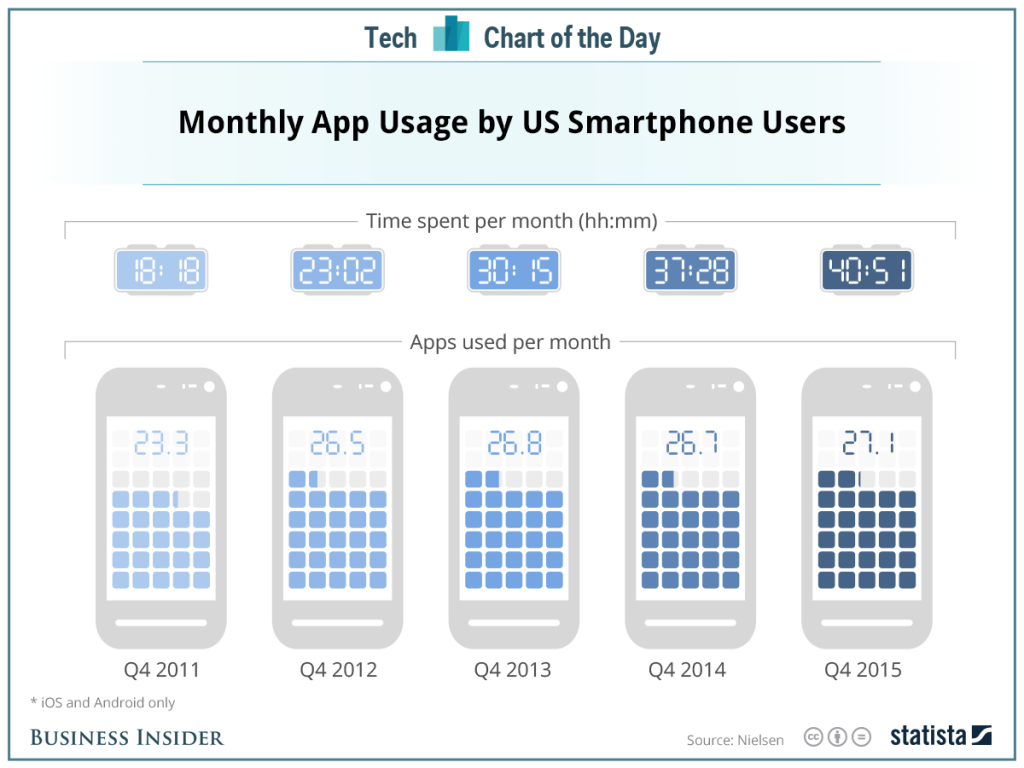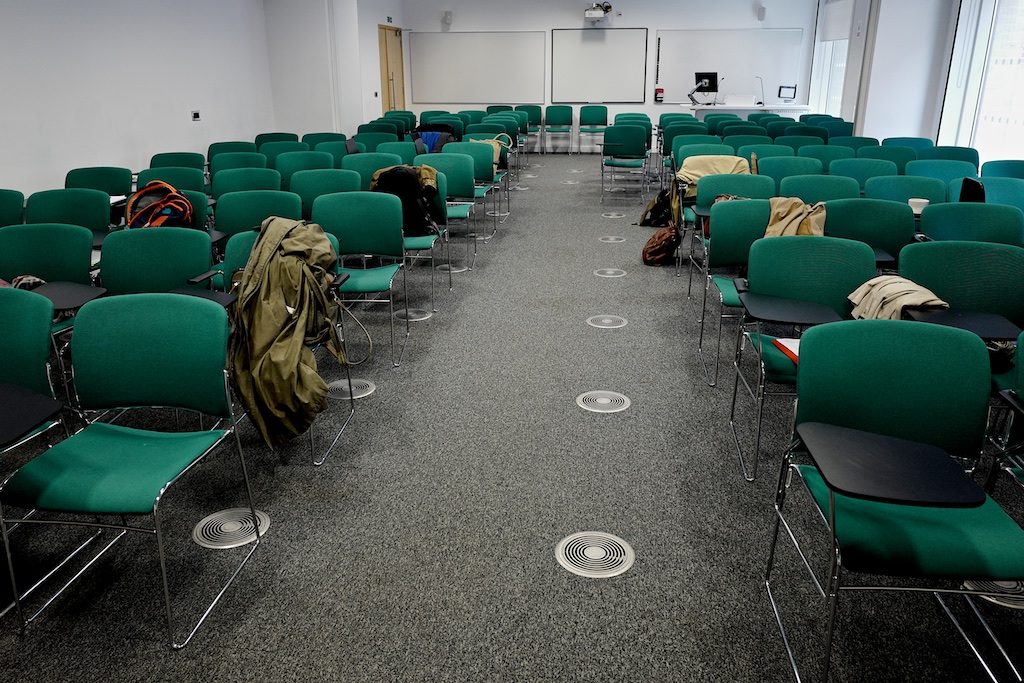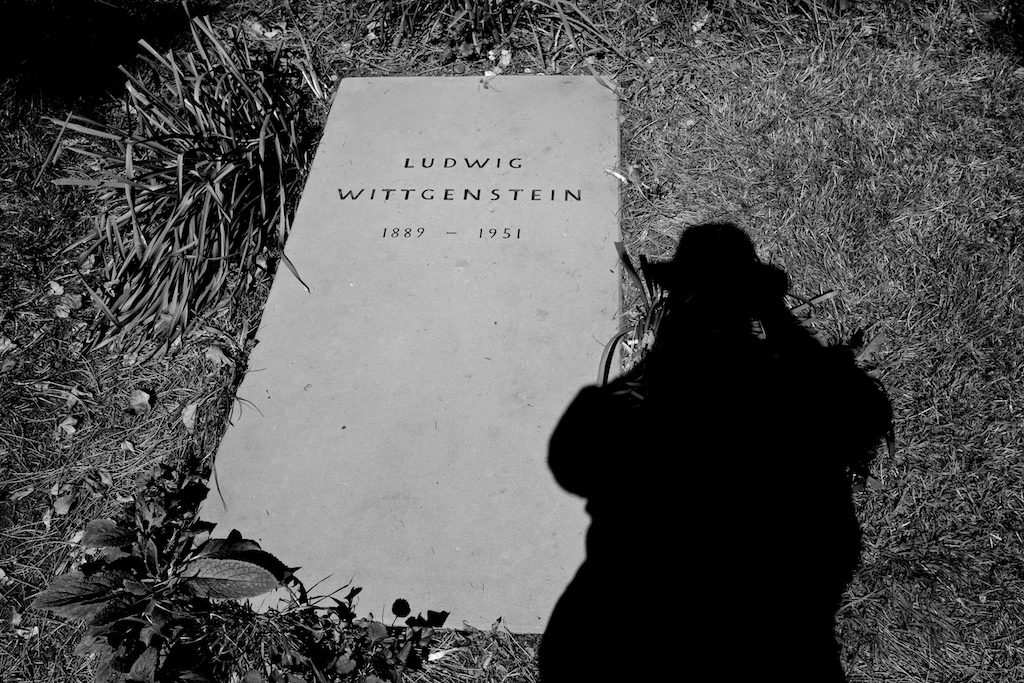Monthly Archives: May 2016
How to manage the Internet – part 2
This morning’s Observer column:
If you ever wanted an illustration of why academic research is not just important but vital, then the work of Gary King, professor of sociology at Harvard, could serve as exhibit A. Why? Well, one of the more pressing strategic issues that faces western governments is how to adjust to the emergence of China as a new global superpower. The first requirement for intelligent reorientation is a rounded understanding of this new reality. And while it may be that in the foreign offices and chancelleries of the west officials and policy makers are busily boning up on Chinese industrial and geopolitical strategy (what the hell are they up to in the South China Sea, for example?), I see little evidence that anyone in government has been paying attention to how the Beijing regime seems to have solved a problem that no other government has cracked: namely, how to control, manage and harness the internet for its own purposes.
Strangely, our rulers still seem blissfully unaware of this, which is odd because – as I pointed out ages ago – there’s no longer any excuse for ignorance: Professor King has done most of the heavy lifting required…
Academic conference: lunchtime
Brexit is also an elite project
The FT‘s Janan Ganesh has an acute take (behind the paywall, alas) on the Brexit campaigners. I particularly liked this bit:
“What damns the Leavers is not their belief that the Treasury forecast is wrong. It is the hint they give off that they do not really mind if it is right. They can live with a recession if they must. If others cannot, well, nobody said the path to freedom is lined with cherry blossom. Their nonchalance is all the worse for their pose as underdog yeomen, a droll routine that has cabinet members and an Etonian former mayor of London deploring the “establishment”, presumably while buffing one another’s brass necks.”
Ludwig’s shadow
Ludwig Wittgenstein is buried in Ascension churchyard, and his grave is visited by many people every year. The old gravestone was very worn and it’s been replaced with this appropriately austere one.
Larger size here
CORRECTION A learned reader emails to say that “it’s the original stone, not a replacement. But it looks quite different in its restored state and, especially, with the lettering picked out in black. An exhaustive account of the restoration can be found here“.
I’ve also discovered that I didn’t know the difference between a gravestone and a ledger stone :-( It’s such a salutary thing to have smart readers.
Quote of the Day
“Democracy is the art of running the circus from the monkey cage.”
H.L. Menken
Trump’s only supporter in Silicon Valley
This morning’s Observer column:
“Peter who?” I hear you say. Mr Thiel is not exactly a household name in these parts, but in Silicon Valley he’s a big cheese, as a co-founder of PayPal and the first investor in Facebook. He is therefore rich beyond the dreams of avarice. But he is also: a philosophy graduate; a lawyer; a former bond trader; a hedge-fund manager; a venture capitalist; a philanthropist; a far-out libertarian; and an entertaining author. So what is a guy like that doing supporting Trump?
One answer might be that he’s as much of an irritant to the Silicon Valley crowd as Trump is to the Republican establishment. Although the Valley’s tech titans like to portray themselves as non-statist disruptors, in fact most of them are – politically speaking – Democratic party supporters, albeit of an unusual kind. They may detest trade unions, for example, but they’re very keen on immigration – so long as the immigrants have PhDs from elite Indian or Chinese universities. And they’re not opposed to big government, so long as it’s “smart”, whatever that means.
Peter Thiel doesn’t fit this template at all. In 2009, he published an intriguing essay entitled The Education of a Libertarian. “I remain committed to the faith of my teenage years”, it began: “to authentic human freedom as a precondition for the highest good. I stand against confiscatory taxes, totalitarian collectives, and the ideology of the inevitability of the death of every individual. For all these reasons, I still call myself ‘libertarian’.” But, he confessed, “over the last two decades, I have changed radically on the question of how to achieve these goals. Most importantly, I no longer believe that freedom and democracy are compatible.”
Quote of the Day
“A scholar is just a library’s way of making another library”.
Daniel Dennett
The post-truth candidate
From an interesting psychological profile of Trump in The Atlantic:
Assessing the truthfulness of the 2016 candidates’ campaign statements, PolitiFact recently calculated that only 2 percent of the claims made by Trump are true, 7 percent are mostly true, 15 percent are half true, 15 percent are mostly false, 42 percent are false, and 18 percent are “pants on fire.” Adding up the last three numbers (from mostly false to flagrantly so), Trump scores 75 percent. The corresponding figures for Ted Cruz, John Kasich, Bernie Sanders, and Hillary Clinton, respectively, are 66, 32, 31, and 29 percent.
What Trump (and his supporters) really mean
Great post by Dave Winer, about the black woman who wore a baseball cap saying “America Was Never Great” and then received death threats and abuse on social media.
She’s right. American never was great. Not in the way that people who support Donald Trump think it was. What they liked about America was to other Americans oppression, enslavement, death, genocide, ethnic cleansing.
What Trump really means is that he wants to make America white again. As it was before we had our first African-American president. It’s a racist dog whistle. I should have seen it coming, we all should. For all the joy and relief in getting over the race barrier in 2008, for other Americans that was defeat. Seeing a President as someone who had power over you, and for that person to be black must have been too much of a stretch for some.
One of the things that the Trump campaign has surfaced for those of us who don’t live in the US is the extent to which Obama’s election was seen by so many as illegitimate. Even after his re-election in 2012. So the apparent popularity of his candidacy with some people is explained by two things: one is fury and despair at being impoverished and sidelined by neoliberal capitalism; the other is naked white racism.



